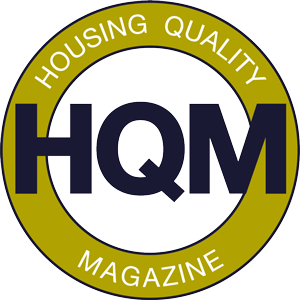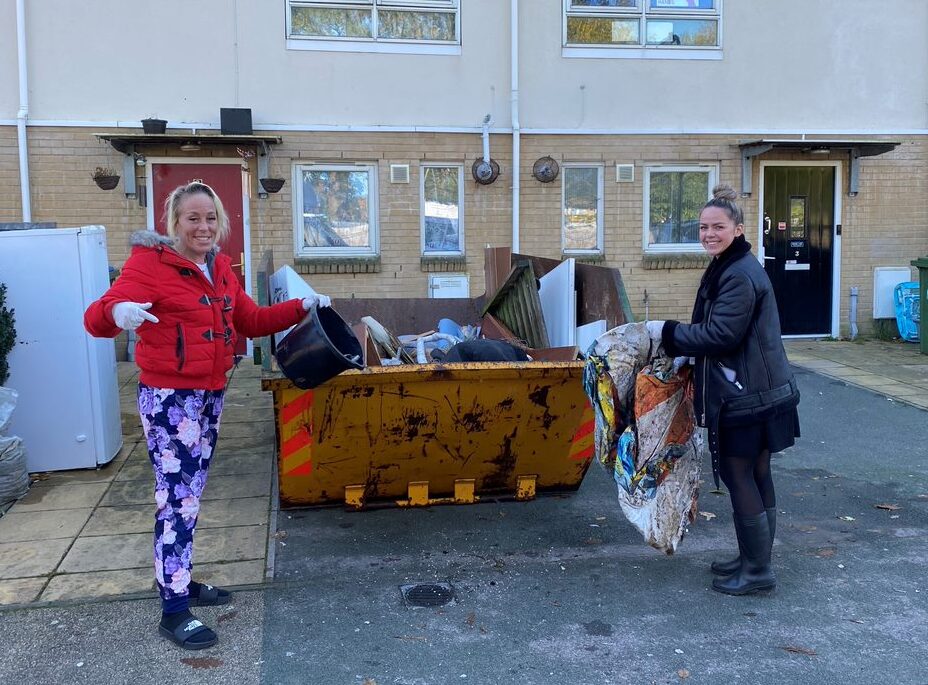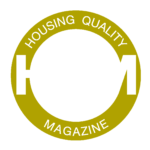 By Peter Brown
By Peter Brown
Non-Executive Director, Heart of Medway Housing Association
It’s always after the event that people are wise. Long after the event people pontificate about what’s happened, weep about the tragedy and the pointless suffering and loss of life, and then they analyse and say, lessons must be learnt. So, we get analytical reports, that are summarised into professional articles, that are abridged to bullet-pointed learning points, that are abbreviated into pithy sayings. And the merry-go-round starts again until there’s another tragedy or failure and we ask – where was the board, have the lessons not been learnt?
The housing sector, like any other, is constantly changing. New legislation, evolving customer expectations and shifting reputational pressures all combine to create a complex and rapidly evolving environment. Gone are the days when simply reviewing board papers and making cursory comments at meetings sufficed. Too many non-executive directors (NEDs) read the board papers, turn up to the meeting, make a few comments then leave feeling that they have earnt their fee. Nothing could be further from the truth. To be truly effective, we need to engage more deeply.
Housing organisations are organic entities. They constantly grow and develop; staff turnover, new regulations and changing public perceptions all necessitate a dynamic approach to leadership. The traditional image of the CEO as a captain steering a ship through clear waters is no longer apt. Today’s leaders are more like figures navigating a dense fog, guiding their teams through a constantly shifting landscape. The future is uncertain, and past experiences aren’t fully understood.
For NEDs, one of the biggest challenges is accessing reliable information. Separated from the day-to-day operations, they receive filtered reports and presentations. All information is mediated, all interactions are in the context of a perceived power differential. It can be difficult for the executive to present a truly objective picture of an organisation’s inner workings. The information presented to boards is often curated and may not reflect the full picture, so it’s essential to recognise this inherent bias. The true work of inquiry doesn’t begin at board meetings or while reviewing papers; it’s a continuous process.
Long after an organisational failure, we hear about the board’s failure to interrogate. The key is to take a proactive approach, anticipating change and its potential consequences. Effective board members identify potential problems and ask critical questions before issues escalate.
So, what questions should board members be asking? While the future is unpredictable, certain trends are identifiable. We know that changes in IT systems regularly damage customer service, that cost cutting in construction can compromise safety, that new legislation can divert resources, that cash flow can cripple and that lack of controls on procurement can open the door to corruption.
As a NED, how can you ensure you’re not simply rubber-stamping the next organisational failure? The answer lies in thorough preparation and asking the right questions. Here’s a framework for information evaluation:
- Space – when reviewing board papers, compare the organisation’s performance against benchmarks, both housing and other sectors. How does it measure up?
- Time – analyse historical data. Look at the numbers to understand past performance trends and identify potential future challenges
- Data – critically evaluate the information presented. Look for gaps and potential biases. What’s been omitted? What’s missing from the picture?
- People – consider who’s been consulted in the decision-making process. Crucially, were residents, customers and employees involved? Who prepared and analysed the data?
Conclusion: Continuous improvement through active engagement
Gone are the days of passive participation and rubber-stamping decisions. Effective boards must be proactive, inquisitive partners who bring a strategic lens to the organisation’s journey. This requires a commitment to continuous learning, staying abreast of industry trends, potential disruptions and best practices.
By adopting the four pillars of information evaluation – space, time, data and people – board members can move beyond the limitations of pre-digested reports and curated data. Critically examining industry benchmarks, analysing historical trends, scrutinising data for bias and actively seeking diverse perspectives from residents, employees and industry experts allows them to paint a more complete picture of the organisation’s health.
Successful boards hold the executive team accountable for strategic goals and ensure the organisation is constantly learning and evolving. This proactive approach to navigating the ever-changing landscape of the housing sector is the key to ensuring not just survival, but long-term success.





















